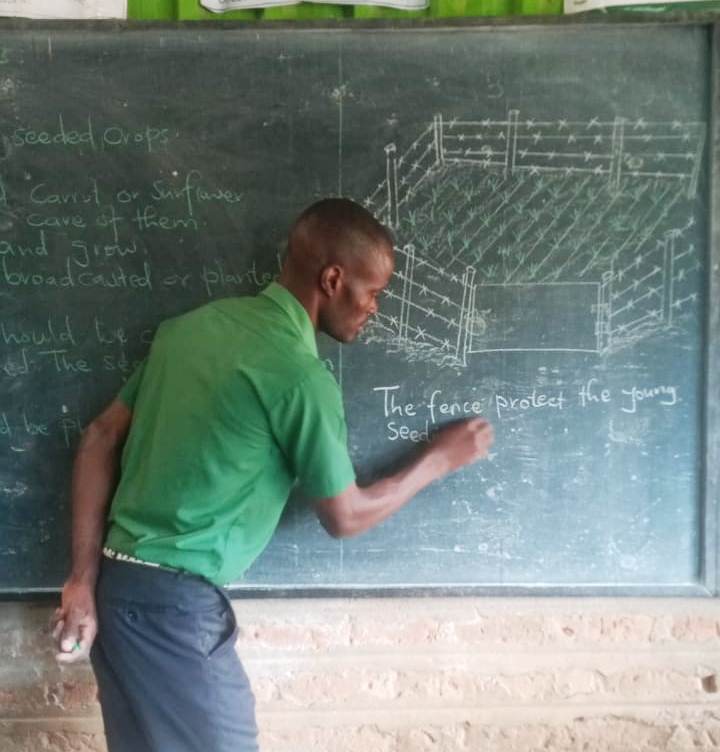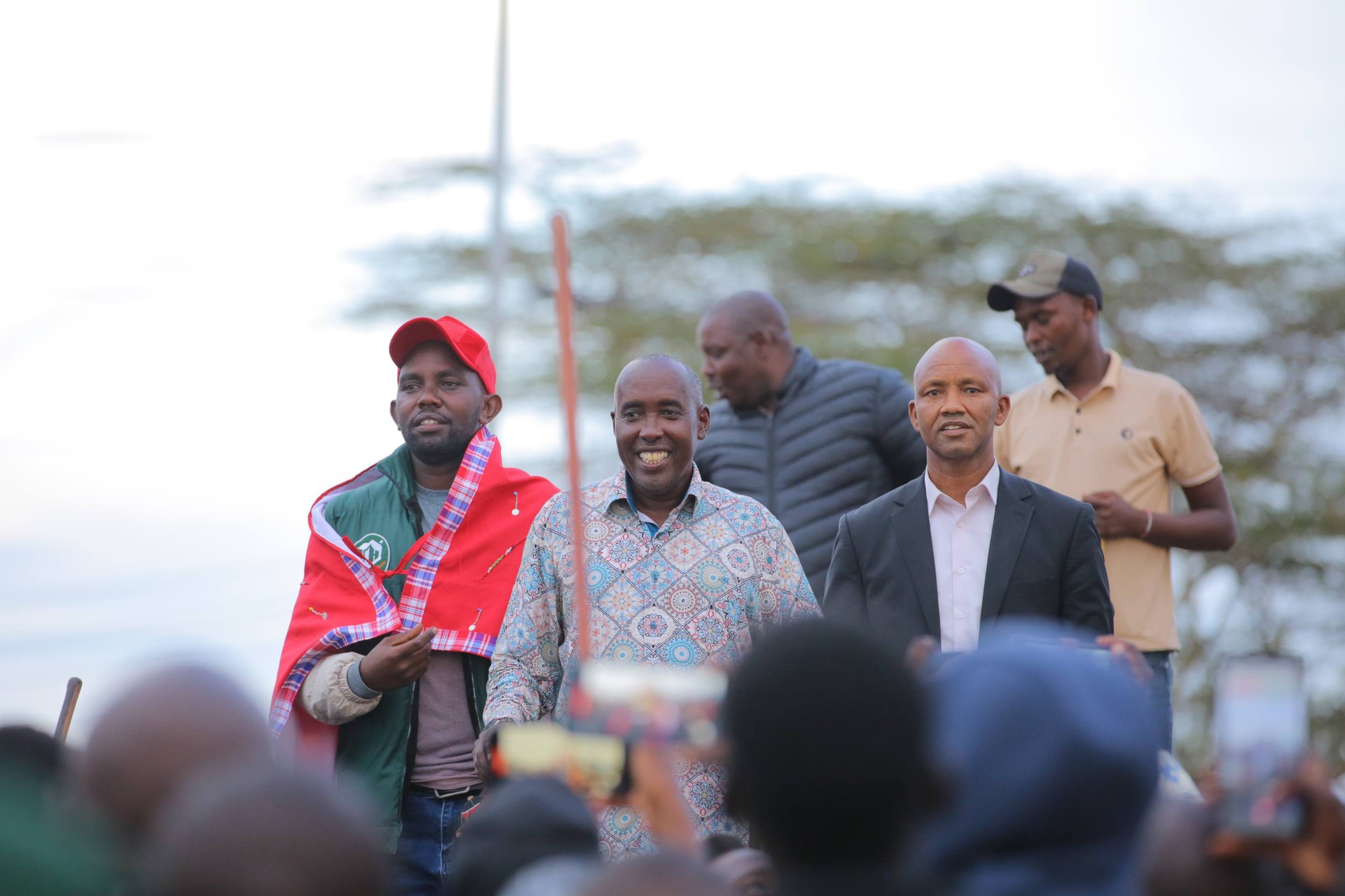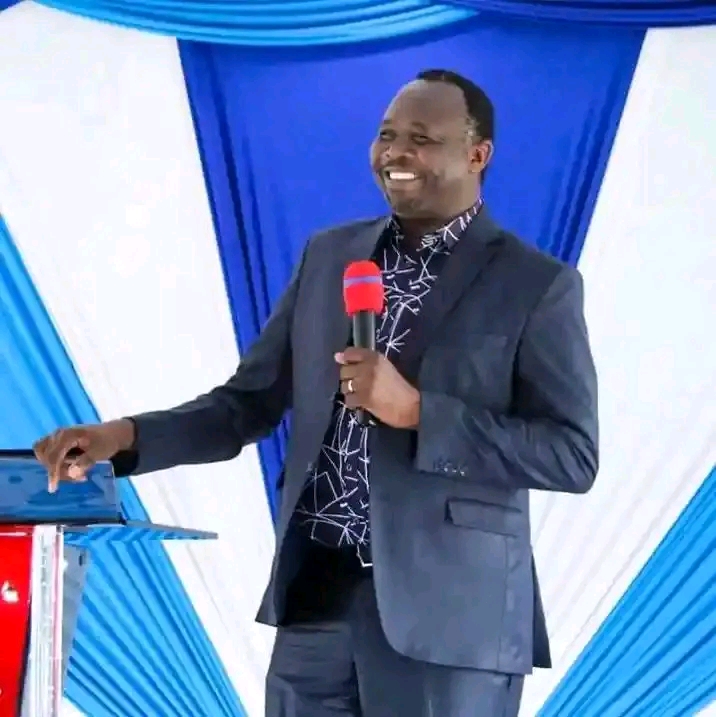The government and her key partners have embarked on fact finding mission to evaluate the impact of the Kenya Primary Education Equity in Learning (KPEEL) programme in sampled schools across the country.
The technical team led by senior officials from the Directorate of Projects Coordination and Delivery in the Ministry of Education (MoE) are on a ten-day field visits to review the status of the four year programme launched in 2022.
KPEEL Project National Coordinator Martha Ekirapa said the exercise, which was under the fourth implementation support mission, is expected to cover at least 13 counties between 20th to 29th March.
She said the technical teams comprising officials from multinational organizations, including the World Bank, UNHCR, and other stakeholders under the KPEEL, are expected to submit their findings for discussions at the Kenya Institute of Curriculum Development (KICD) at the end of the mission.
World Bank senior education specialist and team leader KPEEL Ruth Charo and the director in charge of Directorate of Projects Coordination and Delivery Elijah Mungai last Thursday jetted into Lodwar town to kick off the countrywide exercise in Turkana County.
The team visited schools in the Kakuma Refugee Camp where the Department of Refugees Services, in collaboration with the UNHCR, Jesuit Refugee Services, and other partners put up new schools for the assimilated refugee community who were permanently resettled in the country.
Some of the counties enlisted for the review include Turkana, Samburu, Bungoma, Siaya, Kisii, Bomet, Narok, Kisumu, Kakamega, Uasin Gishu, Nakuru, Mombasa and Kwale, where the teams will assess sample schools and collate the impact of the KPEEL programme on the learning environment.
Notable outcome realized during the mission was the positive impact the school feeding and scholarship component of the programme had on learners within refugee communities at the UNHCR Kakuma Refugee Camp after it emerged that the initiative had drastically improved the previously worrying retention and transition rates of girls.
The programme, running concurrently with the government’s NESSP II initiative, was tailored to iron out inequities in access to quality basic education, with deliberate focus on the girl child, including those within and around the refugee camps.
The programme, which intends to reduce disparities in learning outcomes, improve the retention of girls in upper primary education, and strengthen systems for equitable education outcomes, is set to benefit at least six million learners in primary schools, including about 221,529 children in refugee hosting counties.
However, the programme encompasses components of infrastructure development, school meals, environment, governance, and accountability to ensure that desired results areas are realized.
YOU MAY ALSO READ:
By our reporter
Get more stories from our website: Education News
To write to us or offer feedback, you can reach us at: editor@educationnews.co.ke
You can also follow our social media pages on Twitter: Education News KE and Facebook: Education News Newspaper for timely updates.
>>> Click here to stay up-to-date with trending regional stories






